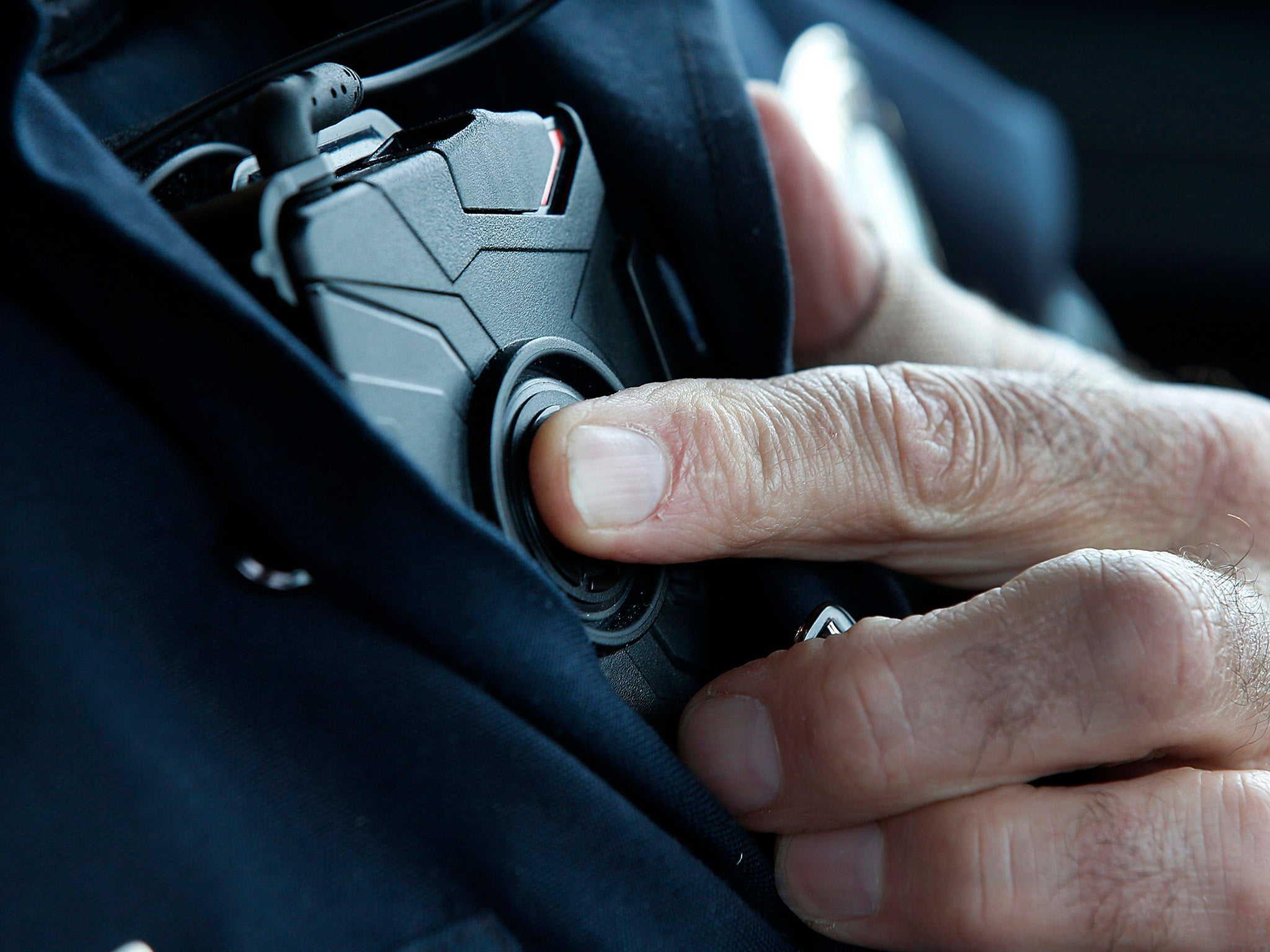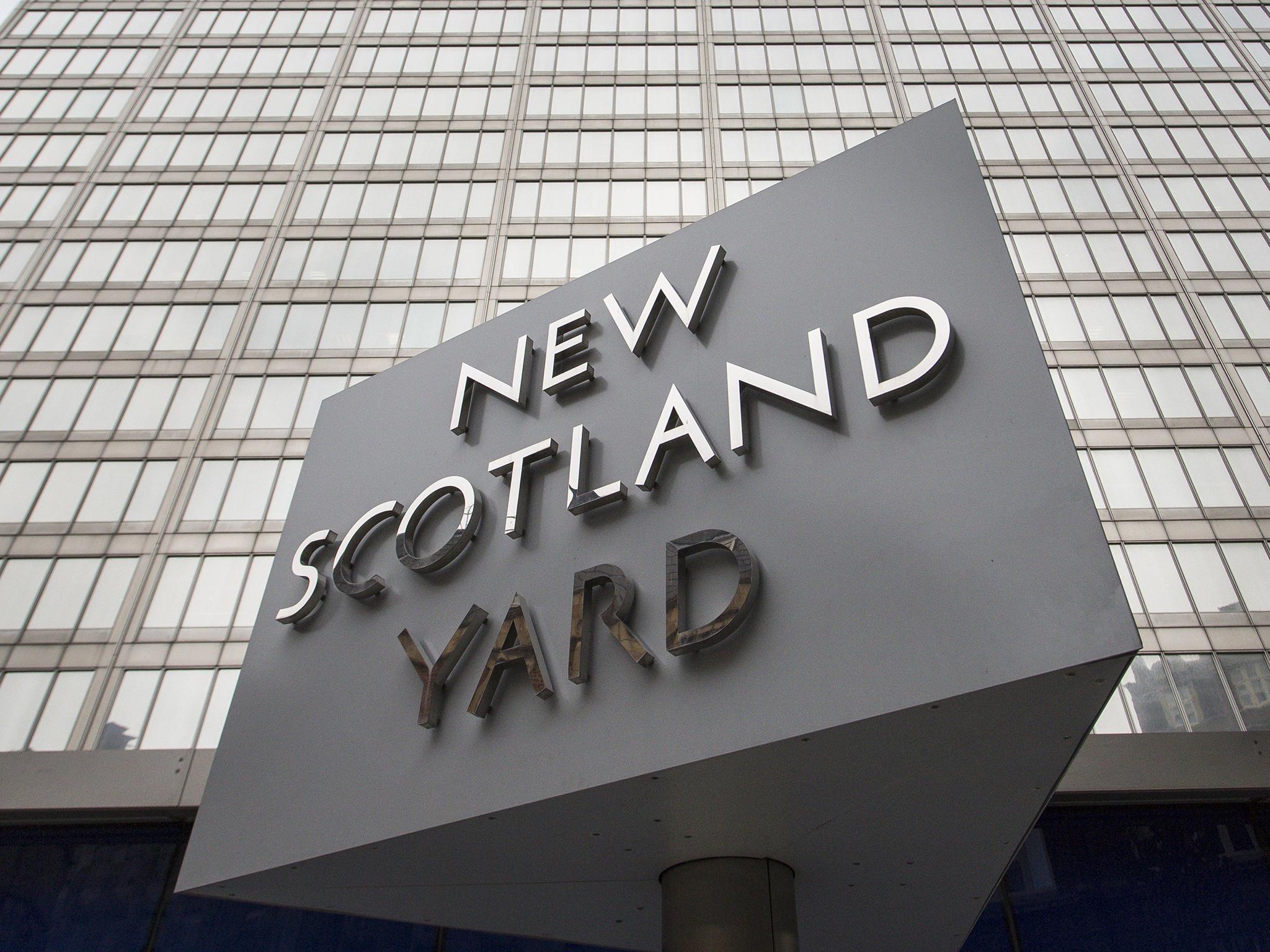Police may be 'more likely to suffer assaults' if they carry body-worn cameras
Results from a study of eight police forces found the rate of assault was 15 per cent higher when officers used the devices

Police officers may be more likely to suffer assaults if they are wearing body-worn cameras, a new study suggests.
Preliminary results from a study of eight UK and US forces have found that rates of assault were around 15 per cent higher when officers used the technology.
The research also suggested the presence of the cameras did not seem to have any bearing on the level of force used by a police officer.
The study which recorded the activities of eight police forces across the UK and the US - including the West Midlands, Cambridgeshire and Northern Ireland's PSNI - in a series of ten randomised-controlled trials.
It looked at what happened to police officers on shifts when they were working with body cameras and shifts when they weren't.
It found officers were 15 per more likely to be attacked on average while wearing them.
Nearly all police forces in England and Wales are now using body cameras in certain circumstances.

Last year, London's Metropolitian Police announced plans to introduce the equipment to all frontline officers following a successful trial.
Criminologists at the University of Cambridge and RAND Europe said that the result "demands attention".
They said: "Does this mean that officers should be advised to remove BWVs (body-worn videos) immediately?
"If the results are accepted uncritically, that is, that BWVs increase the likelihood of assaults against officers, then this might be the conclusion one comes to. However, we cannot rule out alternative explanations at this stage."
They came up with a number of different reasons for the findings, suggesting that police officers would be more likely to come forward to report assaults if they had "an 'objective' record of events" or that they may be "less assertive" because of monitoring - making them more vulnerable to assault.
The report also said that the strongest results for assaults against police came from the smallest studies so the results could be "atypical".
It also suggested increased assaults against police "may also be a corollary of the decreased use of force in some instances".
Shift patterns of more than 2,000 officers were split at random between those allocated a camera and those without the kit. A total of 2.2 million officer-hours were covered.
Dr Barak Ariel, of the University of Cambridge's Institute of Criminology, said: "If an officer decides to announce mid-interaction they are beginning to film, for example, that could provoke a reaction that results in use of force.
"Our data suggests this could be what is driving the results."
The researchers urged caution on the findings-published across two papers in the European Journal of Criminology and the Journal of Experimental Criminology- saying work is ongoing and the results demand further scrutiny.
Additional reporting by PA
Join our commenting forum
Join thought-provoking conversations, follow other Independent readers and see their replies
Comments
Bookmark popover
Removed from bookmarks